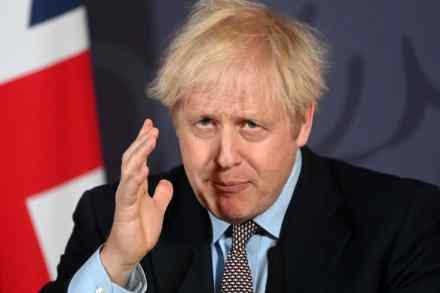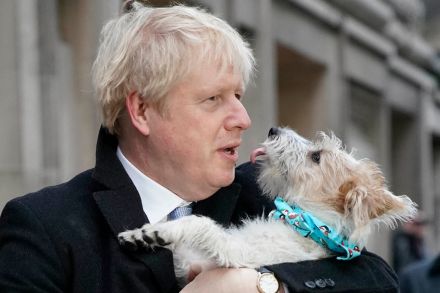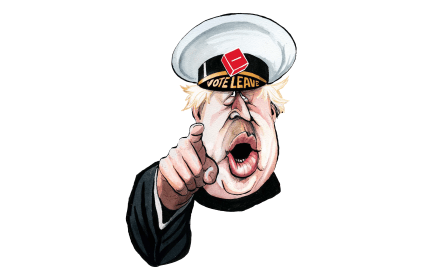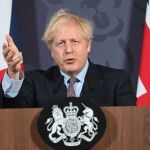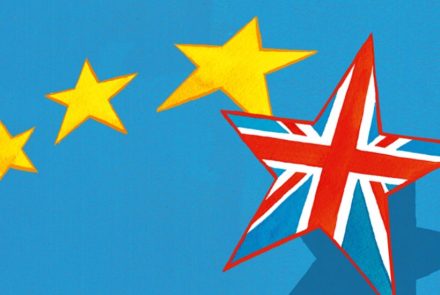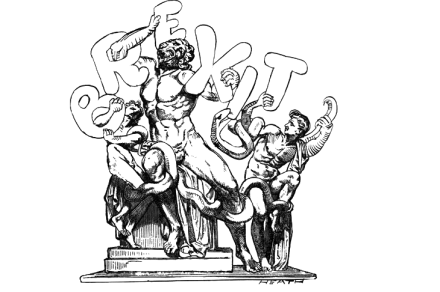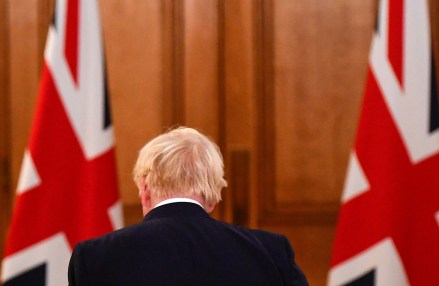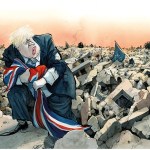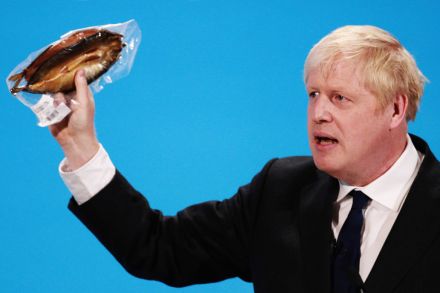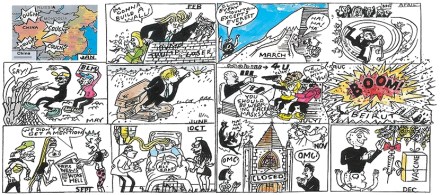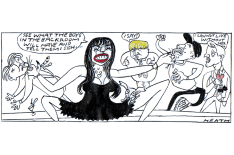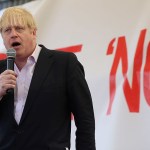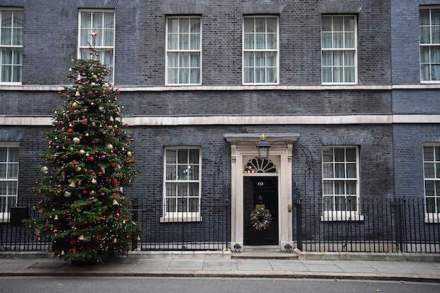Why Boris would like Brexit to continue
After all the parliamentary drama of the past four and a half years, the final Commons phase of Brexit is passing with remarkably little drama. Boris Johnson knows his agreement will be voted through this afternoon and, following the European Research Group decision, with nearly universal Tory support. Johnson’s speech was upbeat, as he sought to declare the deal a triumph. He pointed to the exclusion of any role for the European Court of Justice, the speed with which the deal had been done and the fact it was zero tariff, zero quota. In a sign of the fight to come, Johnson had to fend off multiple points of order
